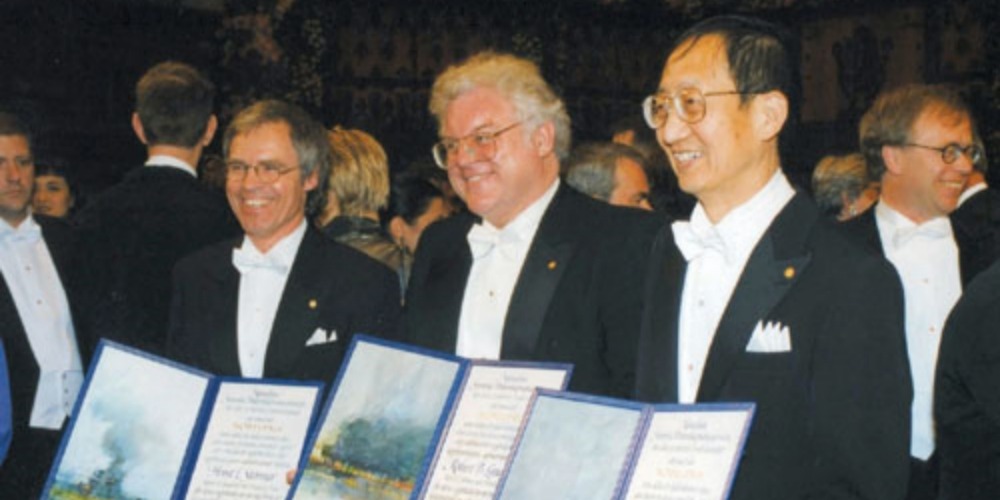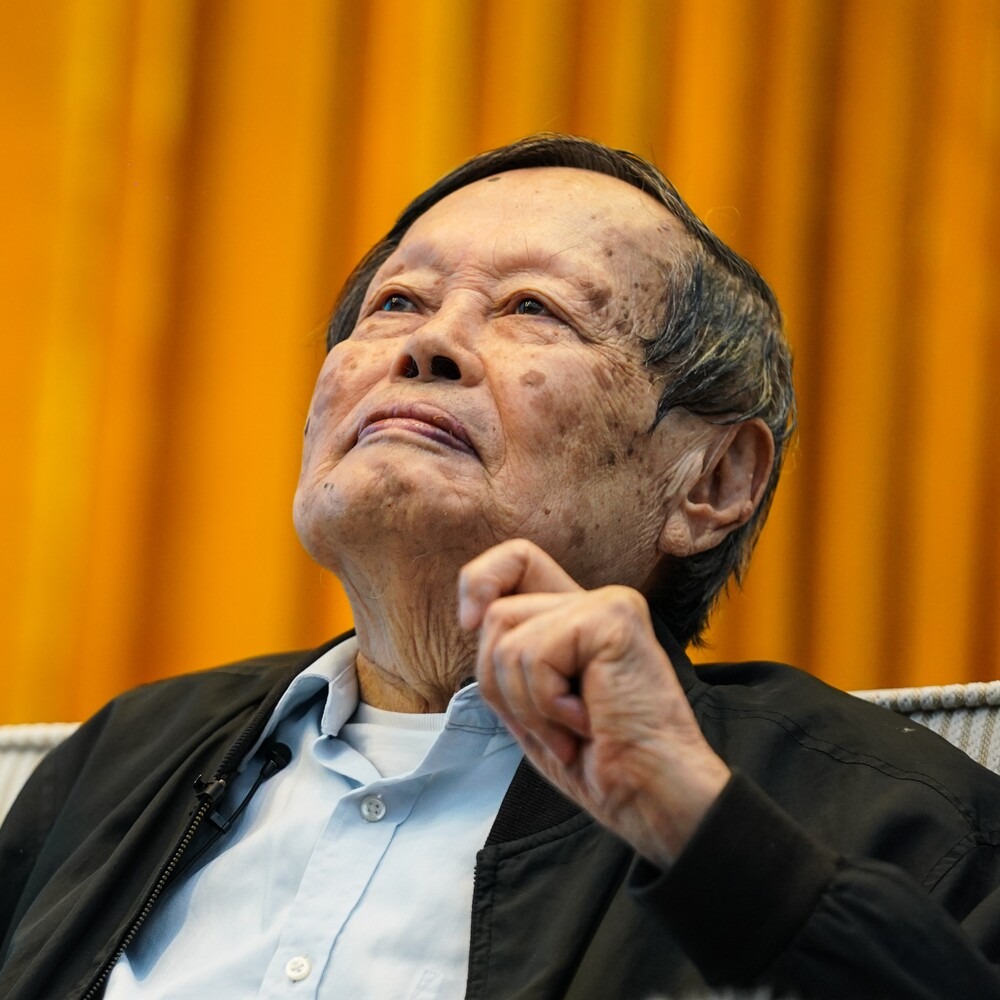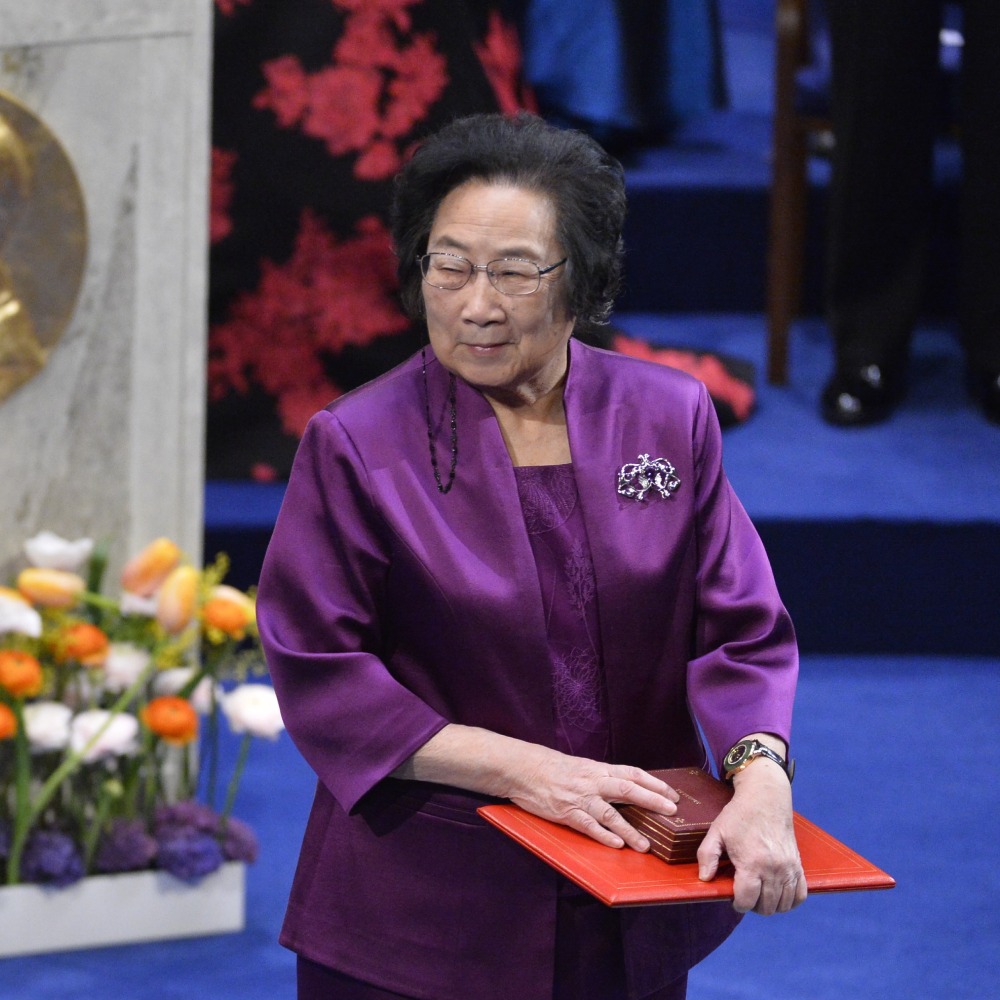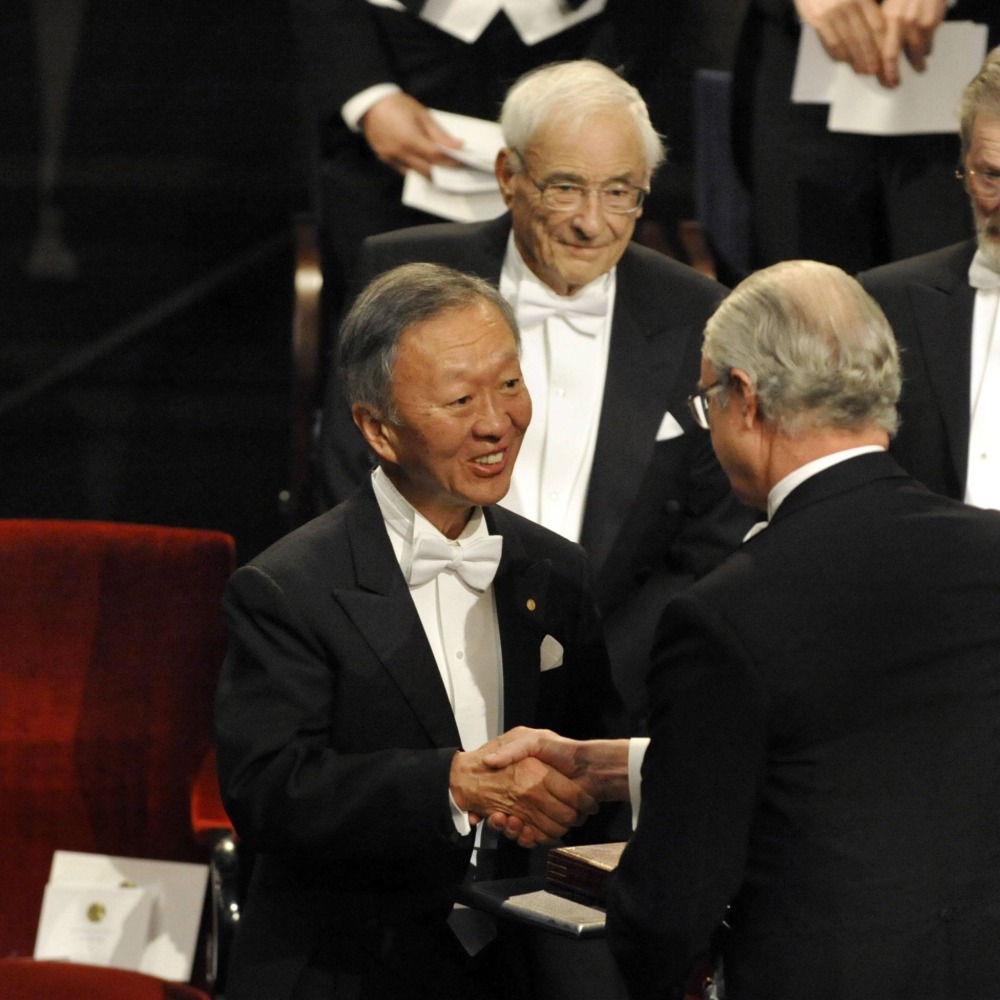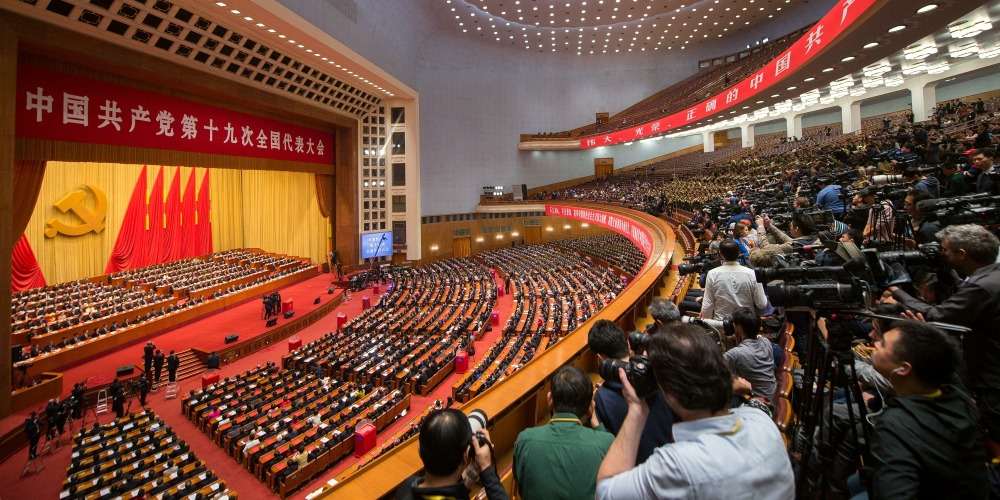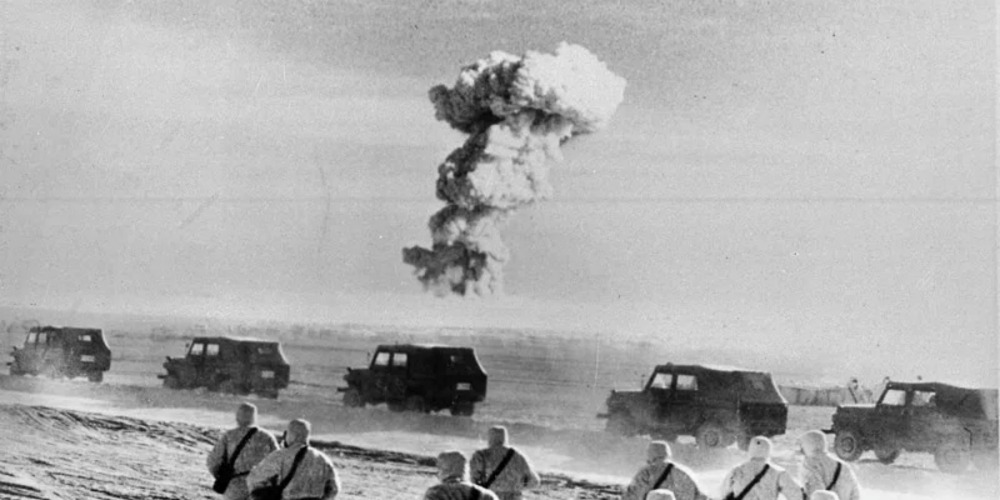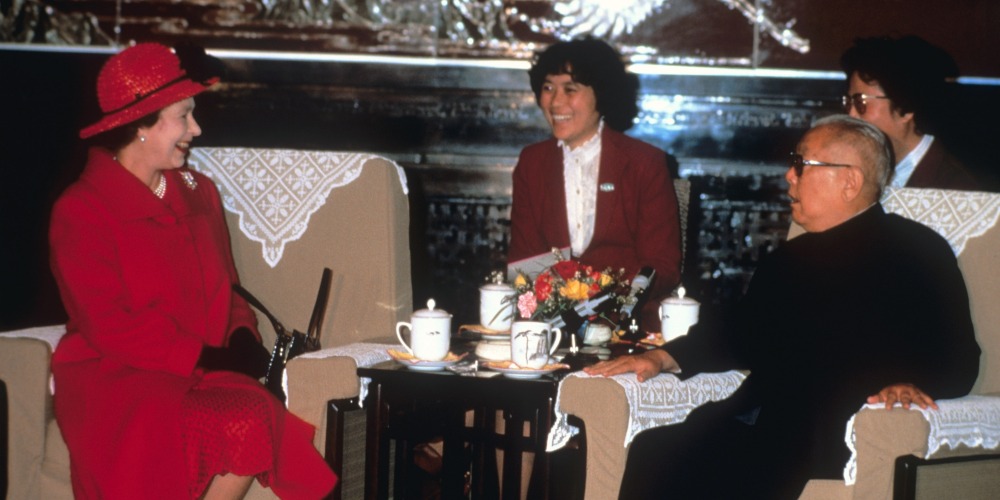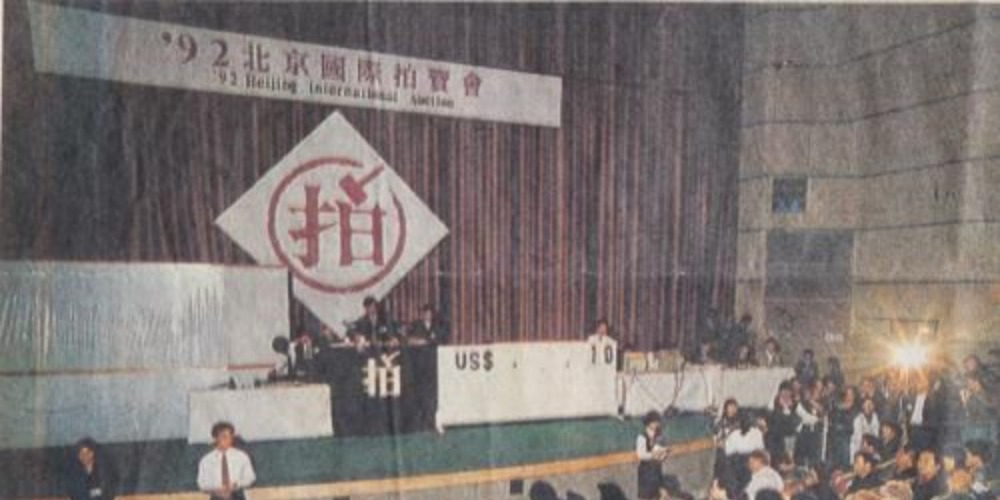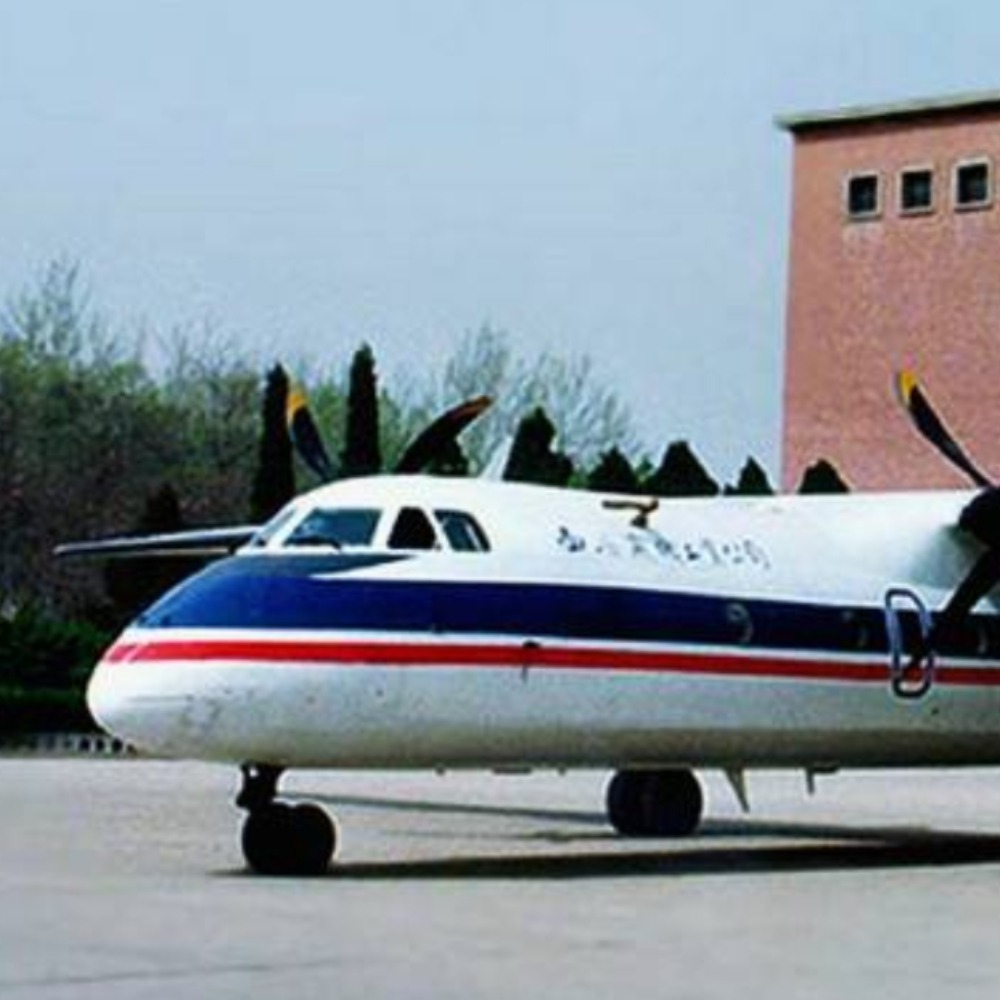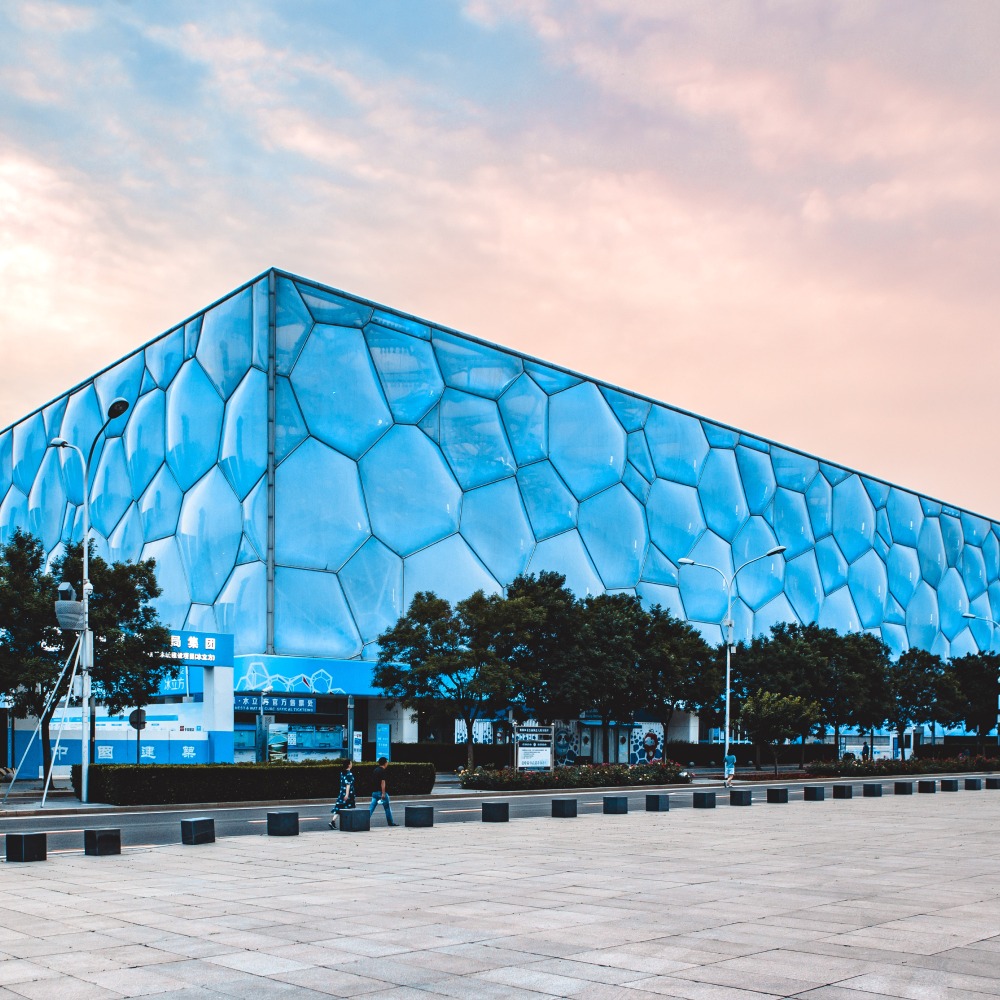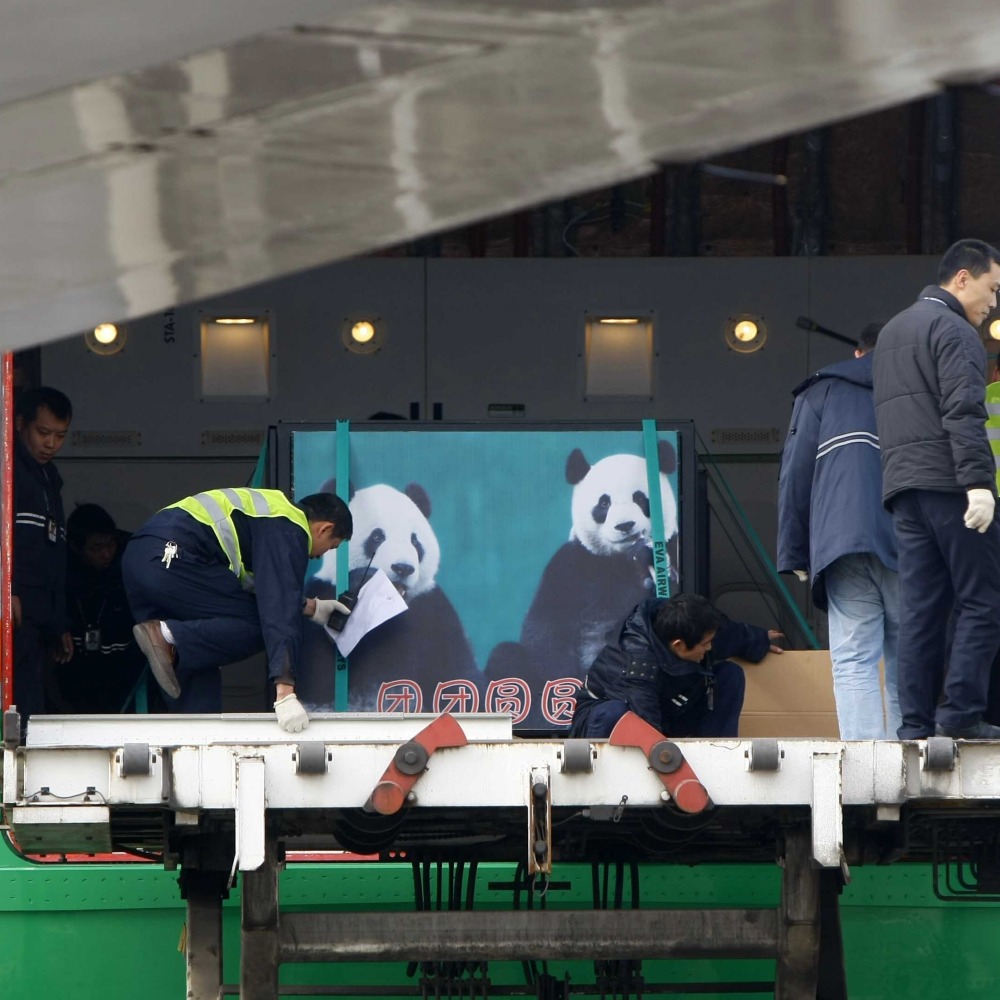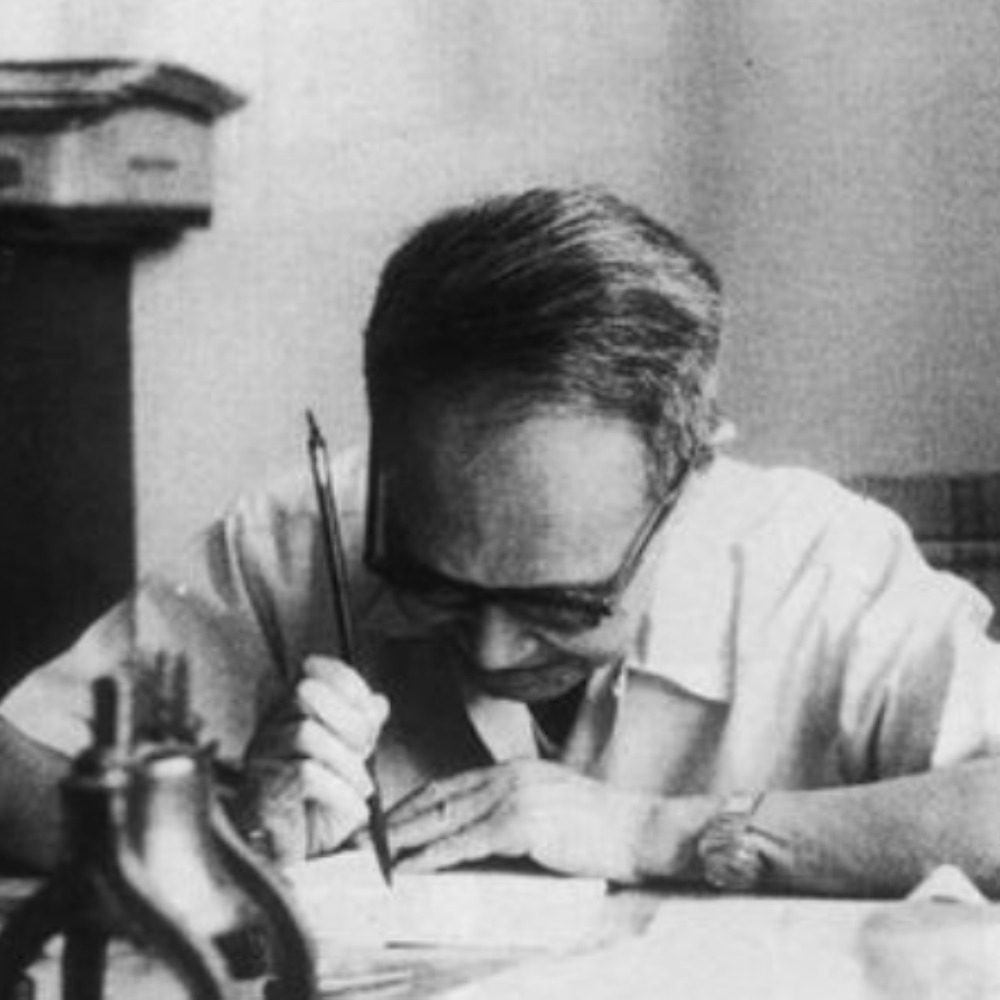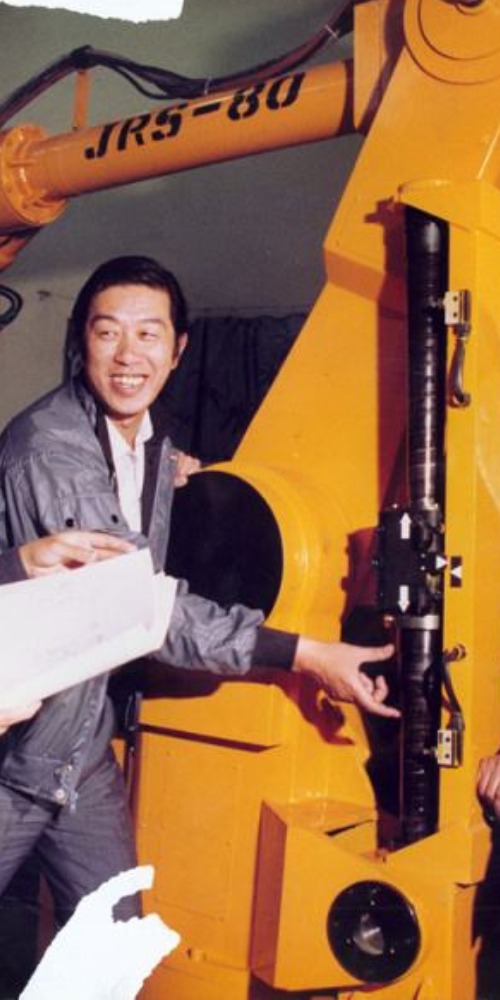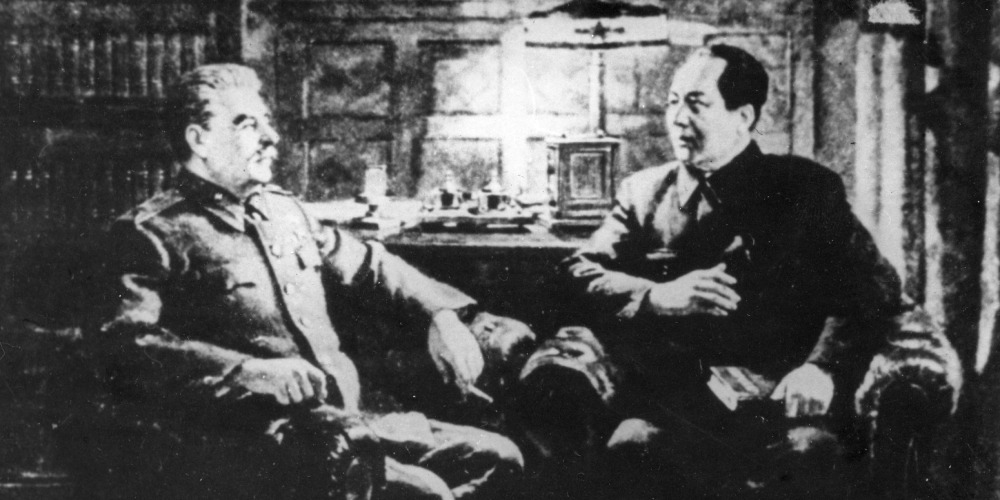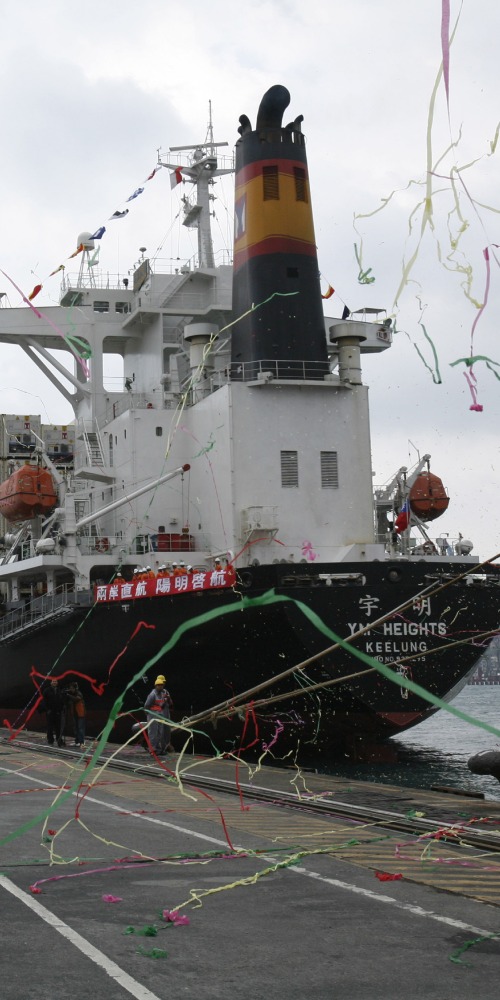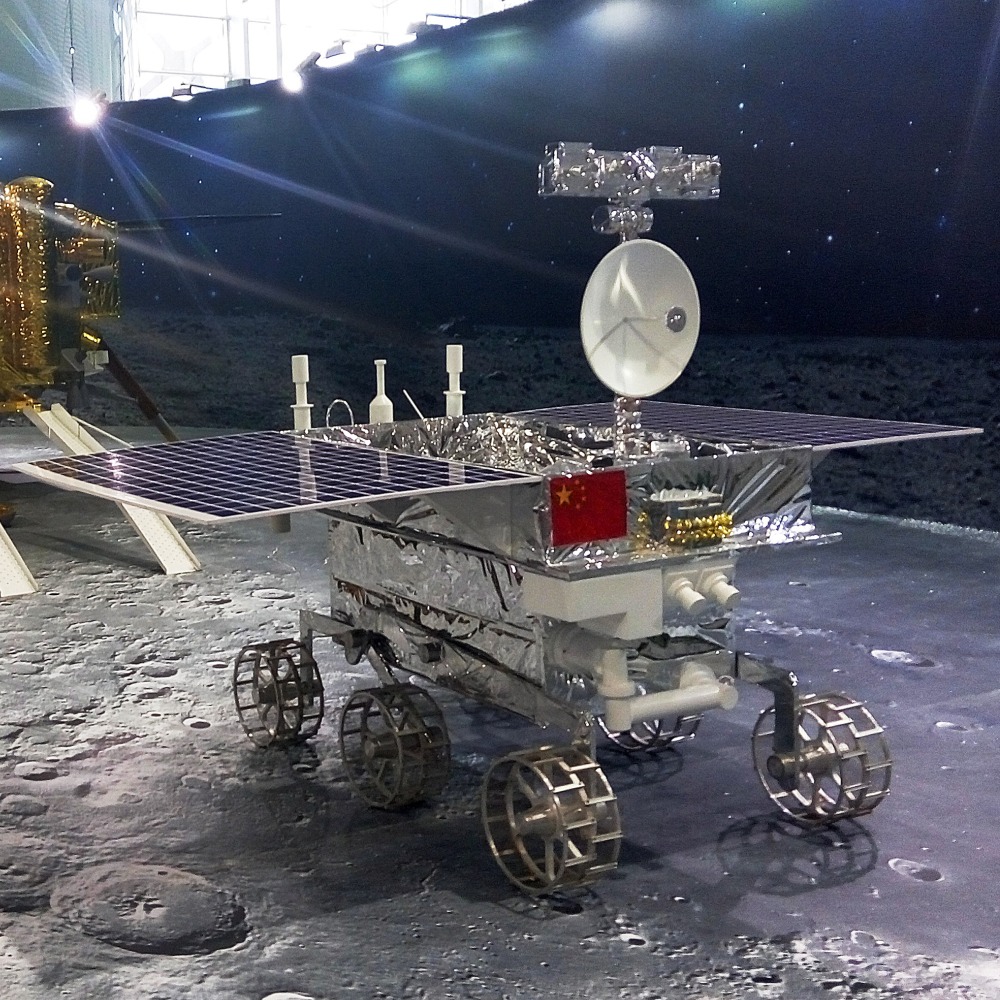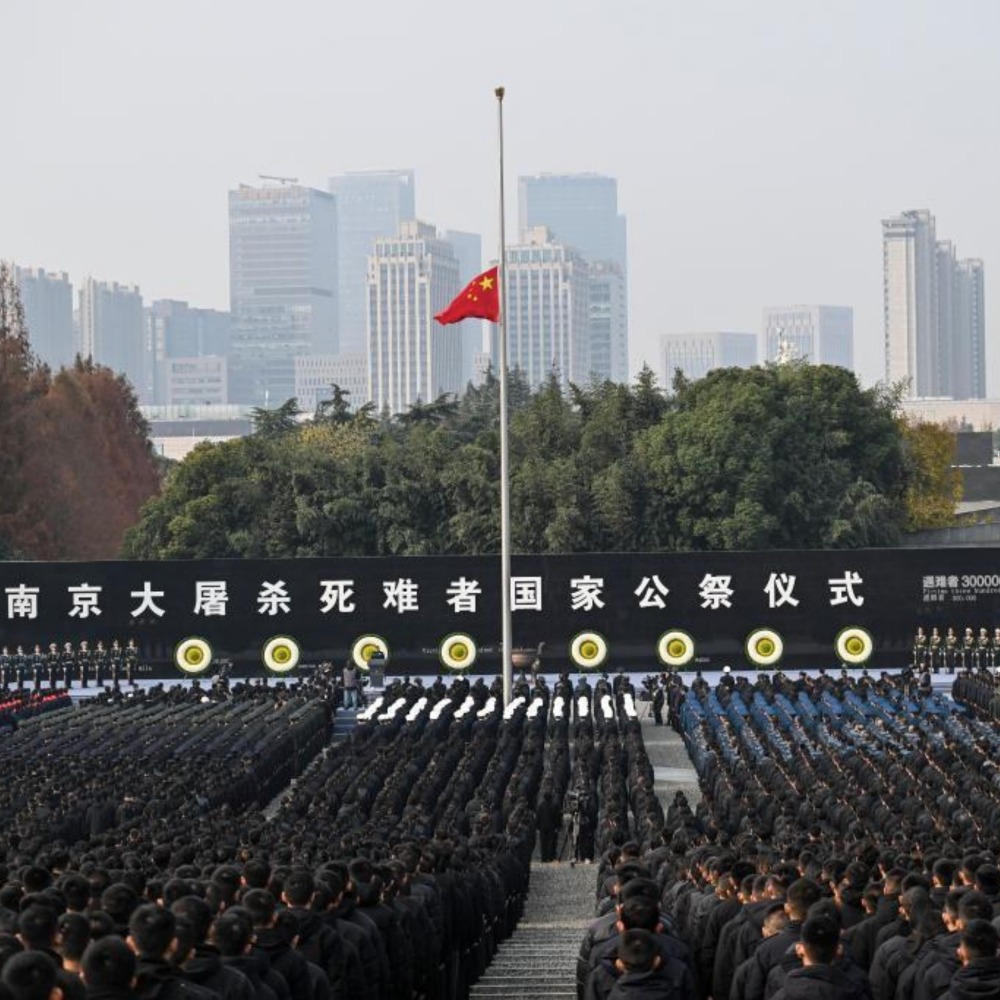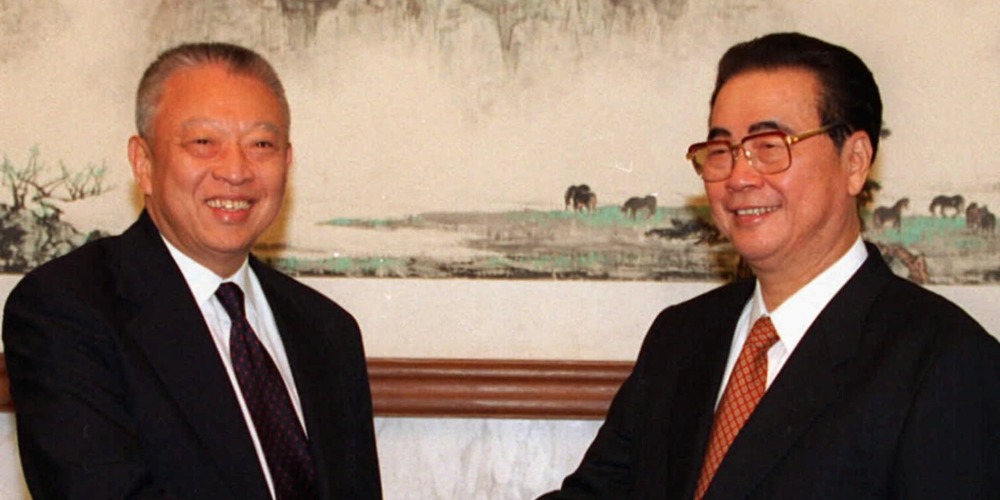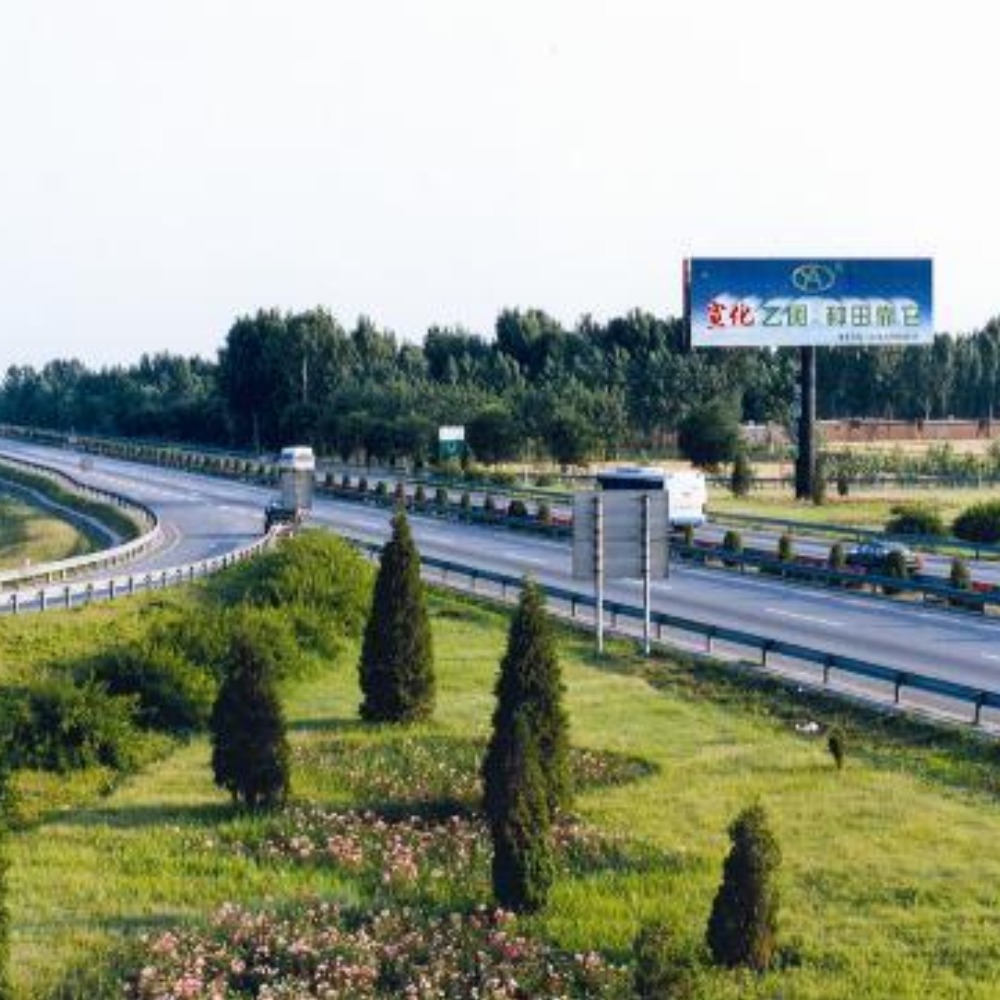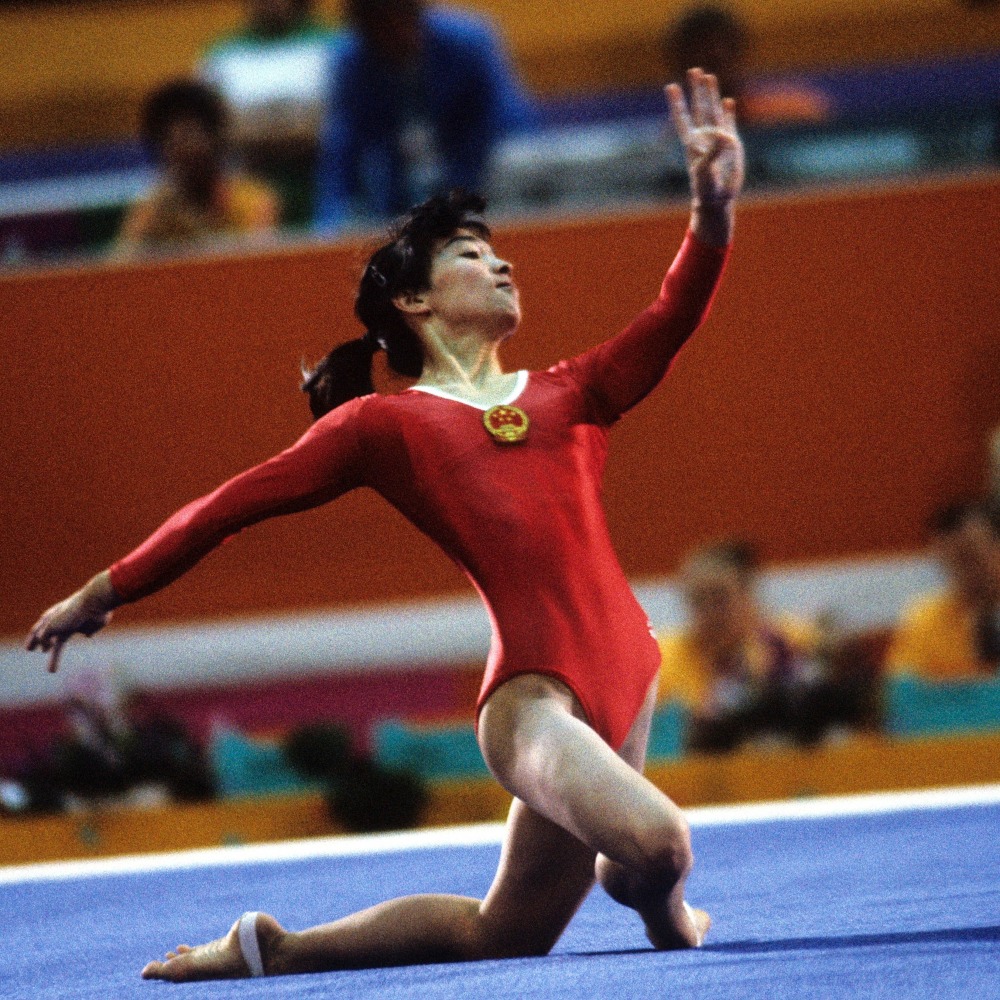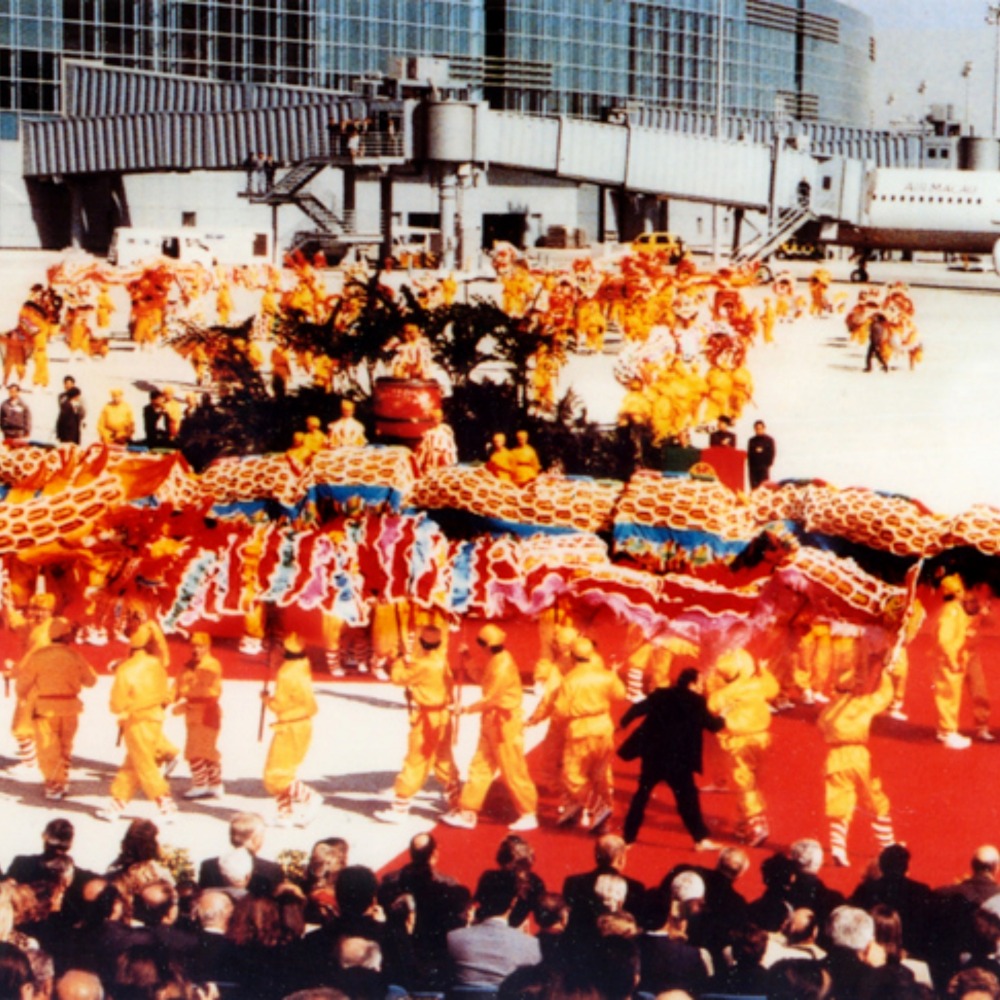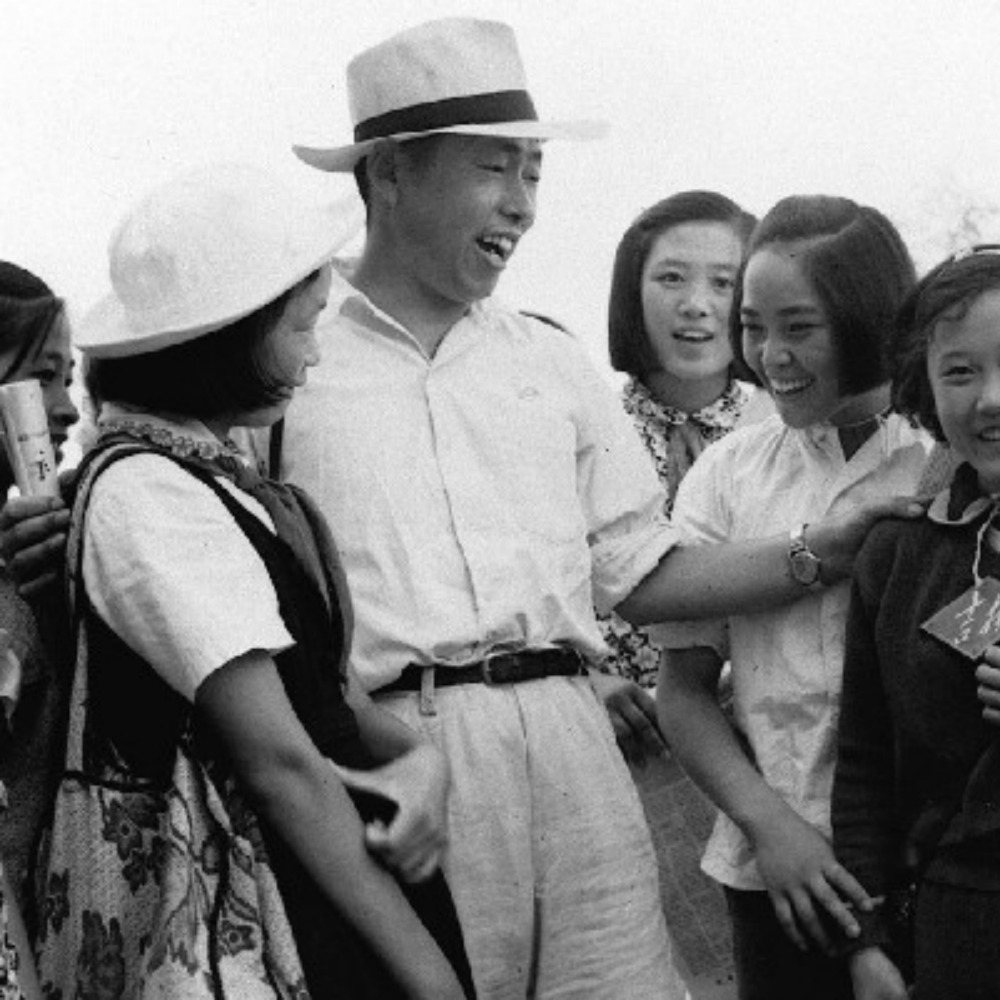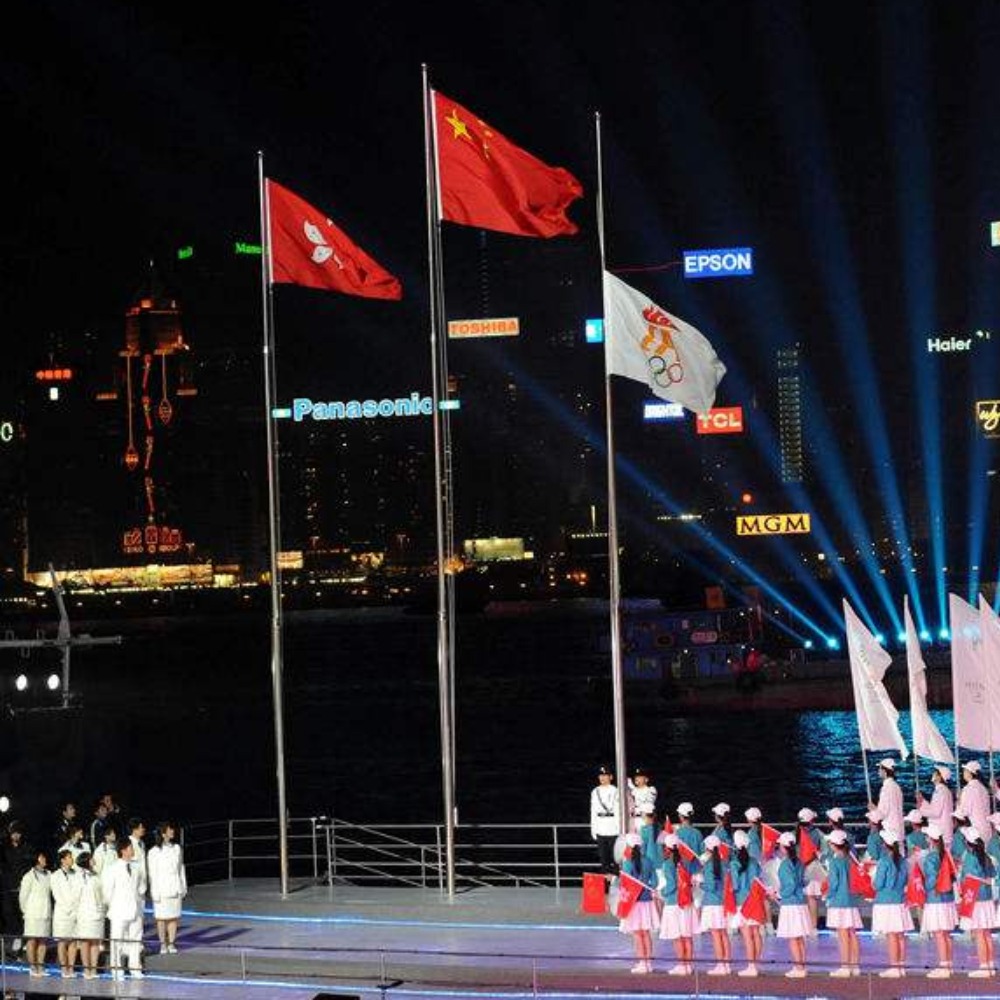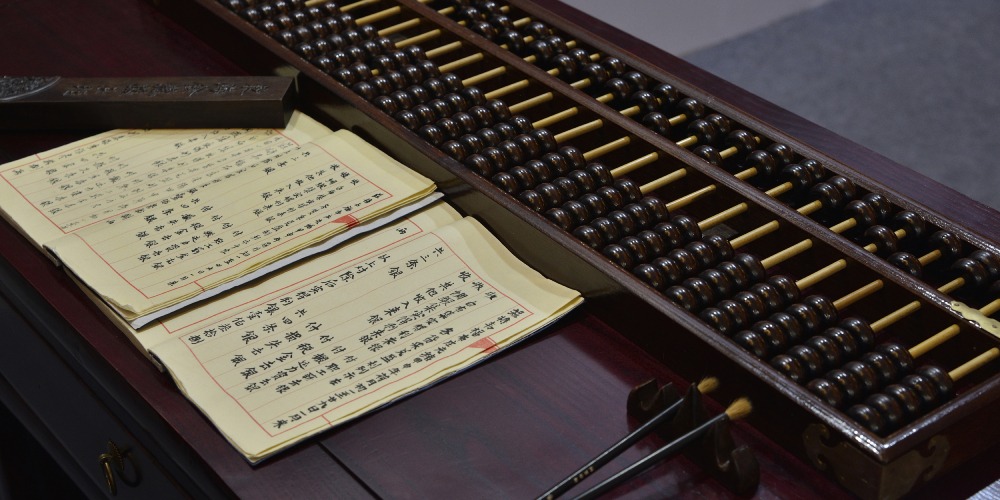Published : 2024-10-13
On October 13, 1998, Daniel Chee Tsui (崔琦), an American physicist of Chinese descent who grew up in Hong Kong, was awarded the Nobel Prize in Physics.
In early 1951, the 12-year-old Tsui arrived alone in Hong Kong from Henan province to live with his sisters.
After repeating sixth grade, he attended the famous Pui Ching Middle School in Hong Kong. After graduation, Tsui received a full scholarship from his church, which enabled him to study in the United States.
Tsui obtained his doctorate in physics from the University of Chicago. He stayed at the university for a year to conduct postdoctoral research, then joined the renowned Bell Labs (now Nokia Bell Labs) as a solid state physics researcher, specialising in semiconductors.
However, Tsui did not delve into the mainstream themes of semiconductor physics, such as optics, high-energy band structure or their applications in devices, but instead devoted himself to a new field.
Subsequently, Tsui collaborated with Horst L. Störmer to study the "Hall effect" and discovered its "fractional quantum" nature under specific temperatures and magnetic fields.
In 1998, Tsui, along with Störmer and American scientist Robert B. Laughlin, who successfully explained the related findings in theory, were jointly awarded the Nobel Prize in Physics "for their discovery of a new form of quantum fluid with fractionally charged excitations".
